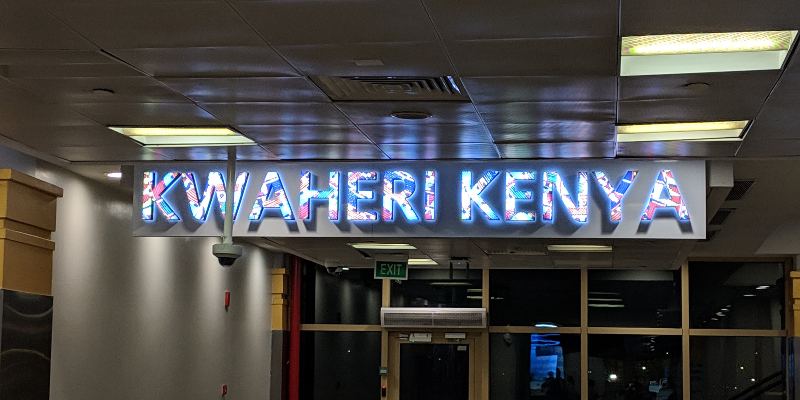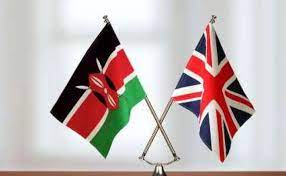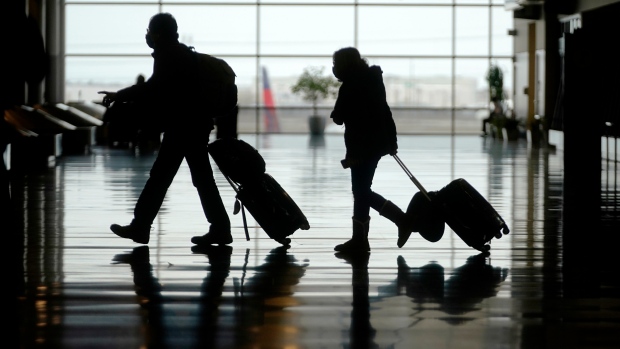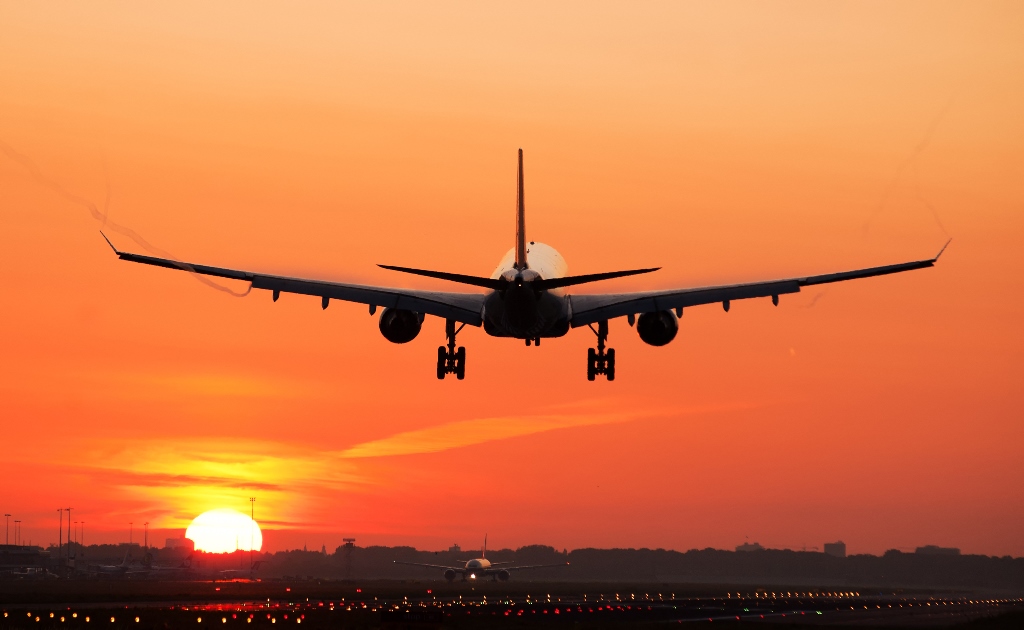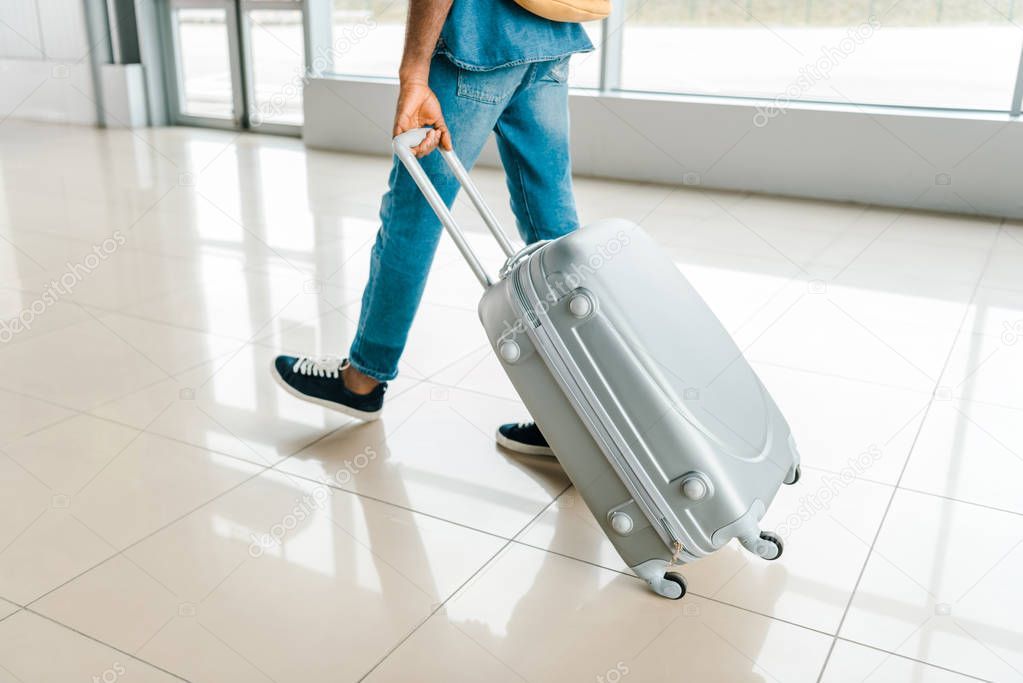Months into the COVID-19 pandemic in 2020, Kenya’s normally manicured beaches were carpeted three-feet deep in parts with thick layers of seaweed.
The Indian Ocean had seemingly taken advantage of the shuttered hotels and absence of tourists to reclaim the white sands in normally bustling Diani, Watamu, Malindi, and other favoured places along Kenya’s coastline.
The story was similar across much of Africa: pandemic-induced lockdowns and grounded flights devastated the continent’s tourism industry, forcing many operators to the brink of bankruptcy—or to cease operations.
During the height of the pandemic in West Africa, the Azalaï Hotel Group took the difficult decision to close completely. The Group has since reopened most of its hotels in the region, but more than half its rooms remain empty.
“I think 2021 is going to be another tough year for the sector,” said Mossadeck Bally, founder and Chief Executive Officer of the hotel group. “The vaccination rollout will give travellers some confidence, but I don’t think people will travel much this year. The recovery will really start in 2022.”
Unprecedented Crisis
Over the past 20 years, tourism has become vital to African economies. In 2019, the industry accounted for about seven percent of Africa’s GDP and contributed $169 billion to its economy—about the size of Côte d’Ivoire’s and Kenya’s combined GDP.
Africa’s travel and tourism sector employed more than 24 million people in 2019, according to the World Travel and Tourism Council (WTTC).
But COVID-19 has created an unprecedented crisis for the tourism industry in Africa and around the world, crushing the supporting food, service, and manufacturing sectors that depend on tourism for employment and incomes.
In July 2020, the African Union estimated that Africa lost nearly $55 billion in travel and tourism revenues and two million jobs in only the first three months of the pandemic. The International Monetary Fund predicted that real GDP among African countries dependent on tourism shrunk by 12 percent in 2020.
The Azalai Group, with nine hotels across six West African countries, knows too well the pain the pandemic has inflicted. To survive, it furloughed some staff, reduced salaries, and negotiated a relief-from-debt service with its lenders, including with IFC.
“The impact has been very strong,” said Bally, who refused a salary himself for more than a year. “Our industry was devastated because all of a sudden, we’ve been asked to just stop operating. We are a front-line sector so we are suffering first before it reaches the other industries.”
Aside from its Grand Hotel in Bamako, Mali’s capital, Azalai’s locations have resumed operations but with fewer staff, pay cuts of up to 40 percent and a hiring freeze, Bally said. Occupancy rates range from five percent in Guinea Bissau to 40 percent in Côte d’Ivoire, still well below normal levels.
Dependence on Foreign Travelers
Africa’s tourism sector has persevered largely without the financial relief provided by governments in wealthier, more developed regions, with the continent’s smaller businesses in the sector most affected.
The crisis has also exposed Africa’s dependence on foreign travelers. This is especially true for countries in Eastern and Southern Africa, which have developed significant leisure and safari-oriented facilities that appeal to European, American, Asian, and other visitors.
In December 2020, an IFC and Dalberg Advisors survey of selected tourism companies in Tanzania, Uganda, and Zambia revealed that the companies would lose two thirds of their revenue from international tourism receipts in the 2020-2021 season.
Some experts believe that Africa might take longer to recover than other regions due in part to a lack of domestic and intraregional demand and the sector’s weaker supply chain.
According to the WTTC, domestic tourism accounted for 55 percent of travel and tourism spending in Africa in 2019, below the contribution of local tourism in North America (83 percent), Europe (64 percent) and Asia-Pacific (74 percent). Domestic tourism accounted for 73 percent of the total global tourism spending in 2017.
“Much of the world has had the advantage of relying on captive domestic and regional audiences. But in Africa, domestic tourism has been overlooked for a long time,” said Hermione Nevill, an IFC Senior Tourism Specialist in Johannesburg. “The sector needs to be oriented towards more diversified markets so that there is greater resilience in future.”
But all is not lost for Africa’s hard-pressed tourism sector—and some countries have already acted to entice domestic tourists.
South Africa, which welcomed 10 million international tourists in 2019, made local tourism in 2020 a focus of its recovery plan. Rwanda, with advisory support from IFC, is developing a recovery strategy that includes developing local and regional markets. Meanwhile in Kenya, entry fees to all game parks and reserves have been cut for one year to attract more local tourists.
“Where we’ve seen some resilience is when there’s domestic travel,” Wayne Godwin, senior vice-president of JLL Hotels & Hospitality Group for Sub-Saharan Africa, said at a virtual IFC event on the future of the tourism sector in Africa and the Middle-East.
Young Travellers and Free Trade
Africa’s growing middle class, its soaring population of young travellers hungry for adventure, and the recently launched African Continental Free Trade Area (AfCFTA), the world’s largest free trade area by the number of participating countries, are among the pillars seen supporting the future growth of domestic and regional tourism in the continent.
“The free-trade agreement is an absolute game changer for travel,” Godwin said. “If 97 percent of commodities and goods are tariff-free, that’s going to do a lot for regional trade. And when there’s regional trade, travel will follow. It just will happen.”
With its abundant wildlife and varied landscapes, Kenya is a leader in Africa in promoting local tourism.
The country’s beaches have been busy again following COVID’s initial shock, though another month-long lockdown announced for parts of the country in April 2021 frayed nerves among the country’s tourism operators.
Even before COVID-19, Kenya enjoyed a 55 percent rise in bed night occupancies by domestic tourists between 2014 to 2018, according to official data. The growth has been credited to digital campaigns, growing disposable income among Kenyans, and efforts to promote affordable alternatives to five-star resorts.
“International bookings are a higher value in terms of revenue but the domestic market is more resilient,” said Muthuri Kinyamu, cofounder of Kenyan tour operator Turnup.Travel. “Clients take multiple trips with you, and they come back.”
Kinyamu’s company has held up well during the pandemic, even adding staff. It benefited from a strong digital presence, developed new packages and partnered with low-cost airline Jambojet, a unit of Kenya Airways, to create content to reassure travelers and boost domestic bookings, Kinyamu said.
“Of course, our growth trajectory has been hampered by COVID-19 but when we look at our 2020 numbers, the revenues have evened out,” Kinyamu said. “With the restrictions, we had to adapt but we never had to lay off our staff as our business has diverse sources of incomes.”
Across the continent in West Africa, Zaina Lodge, a luxury safari hotel in Ghana, enjoyed its second-best month ever in December 2020—thanks to the power of domestic tourism.
“We established ourselves as a local brand from day one,” said company cofounder Andy Murphy. “The long-term growth in the continent is going to have to come from domestic tourism. If you’re a business in tourism in Africa, you need to seriously think about how you build a domestic client base to match or even exceed your international base,” he said.
Reinventing the Industry
While Africa’s domestic tourism industry is growing—by 2050, Nigeria will have the world’s third largest population, for example—it remains largely untapped and burdened by challenges.
Connectivity is an issue. Traveling around the continent can be complicated and expensive, in part because countries restrict their markets to protect their state-owned air carriers. Although 44 African countries adopted the Yamoussoukro decision to liberalize the aviation market in 1999, implementation has fallen short.
There’s also a need for more and better infrastructure beyond capital cities, which are now generally well served with hotels and other amenities, said Olivier Baric, Africa Aviation Director at Egis, a French multinational company involved in infrastructure and transport.
Tourism experts believe domestic tourists could be enticed if operators invest in the economy and mid-scale market, develop smaller, more authentic, and greener resorts, and introduce more products aimed at middle-class African families and millennials, while marketing more directly to these groups.
Finally, there is the question—and problem—of ownership. The long-term strength and sustainability of Africa’s tourism industry will in part depend on the number of Africans building businesses and supporting and encouraging others on the continent to do so.
Despite the many challenges ahead, Azalai’s Bally says he sees the crisis as an opportunity—but one that can only be grasped through hard work and with fresh thinking:
“I am not worried, but I am perfectly aware that we have to reinvent ourselves to deal with the new situation,” he added. “Those who can reinvent themselves will survive.”
Source: IFC

